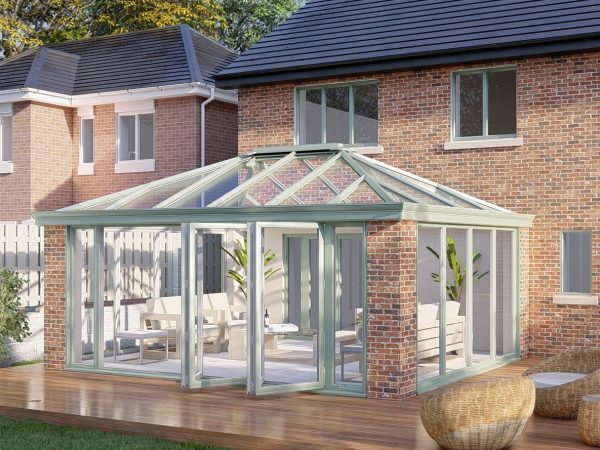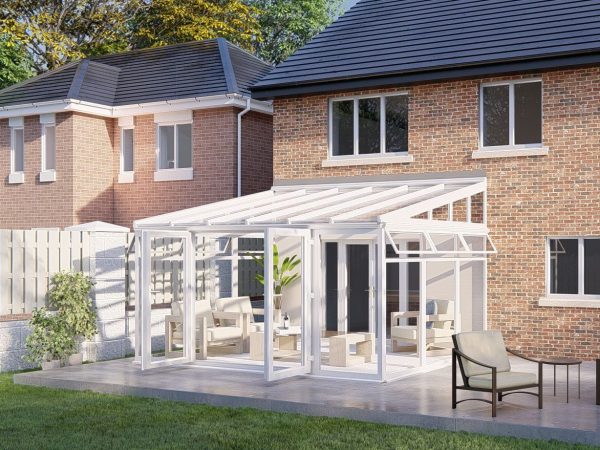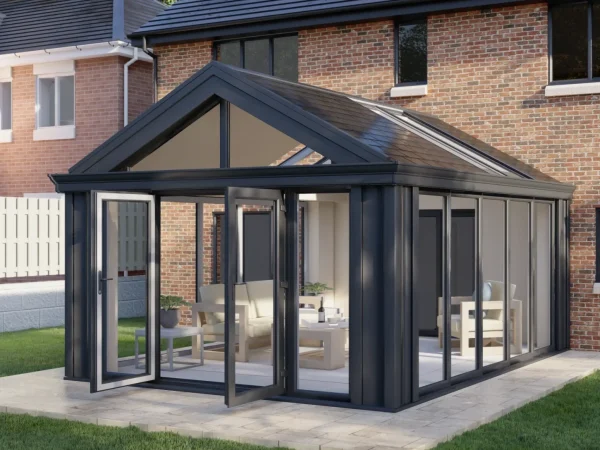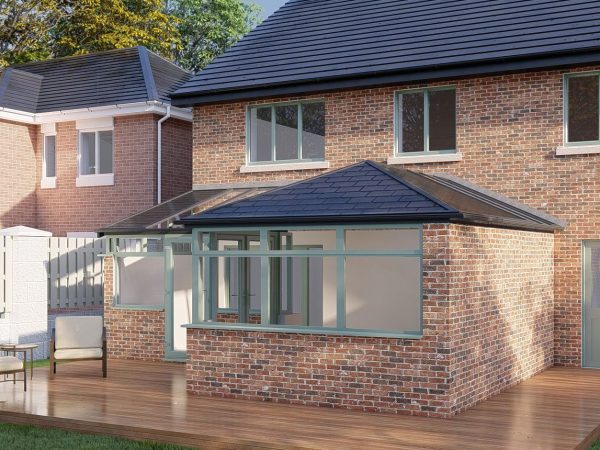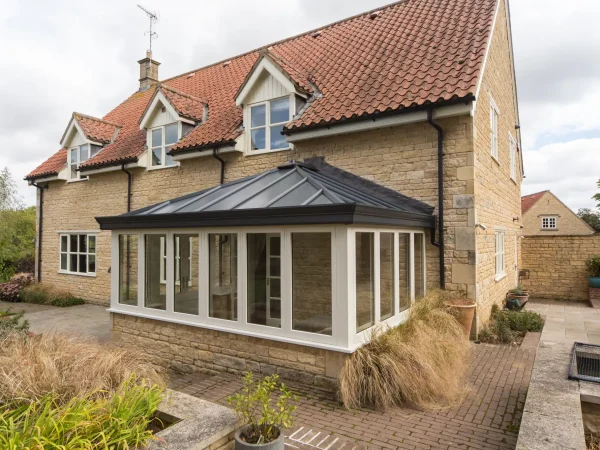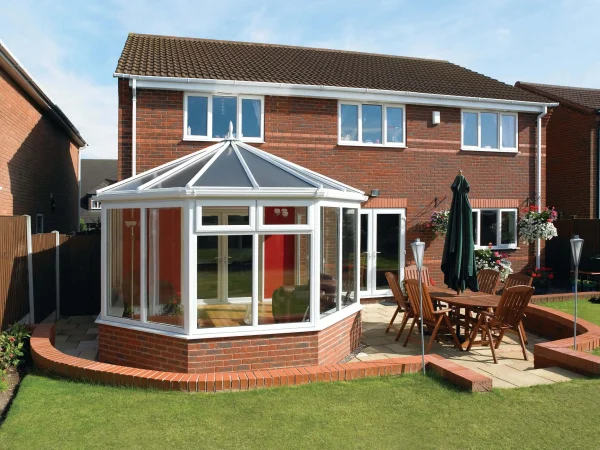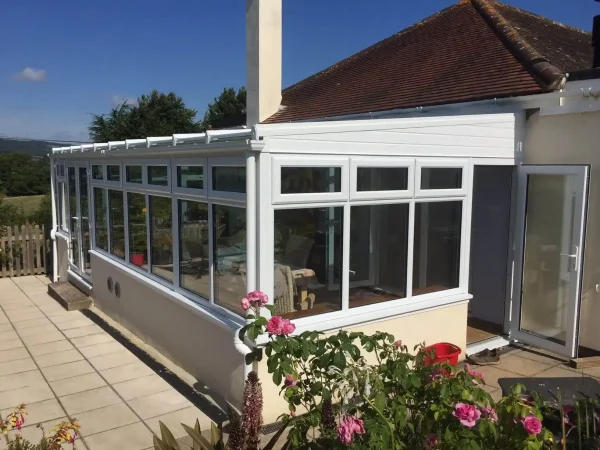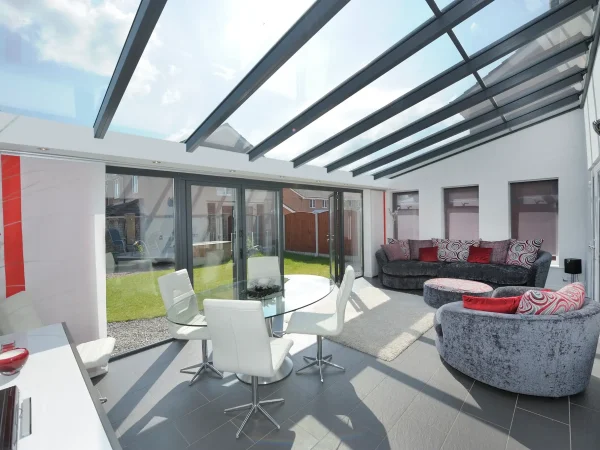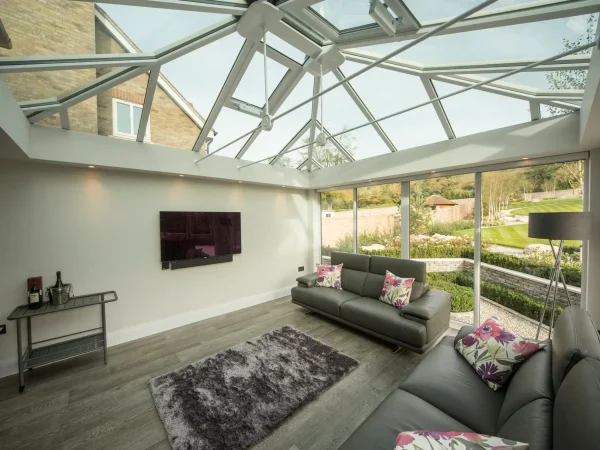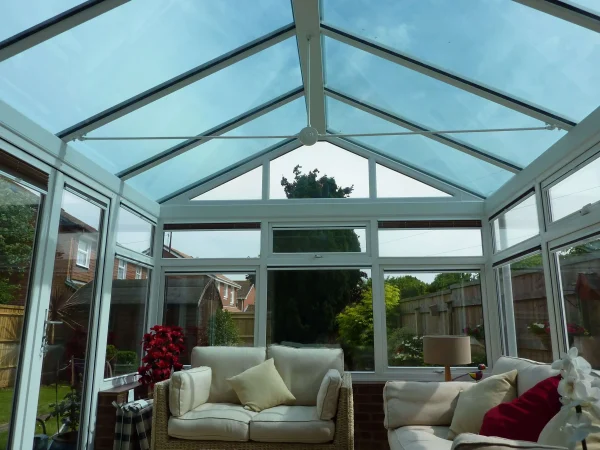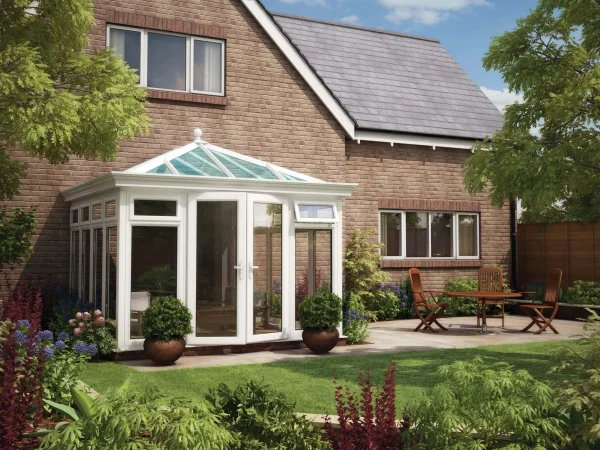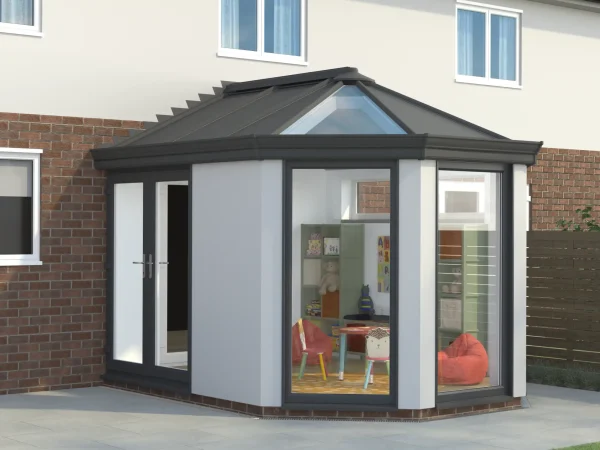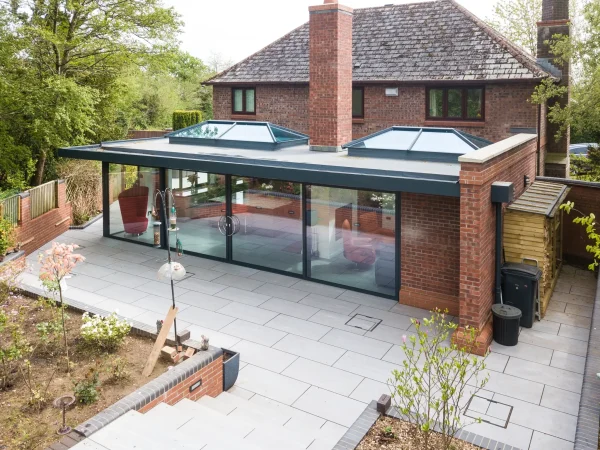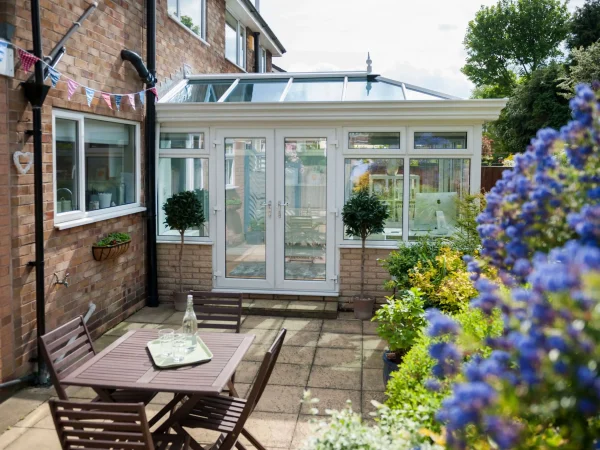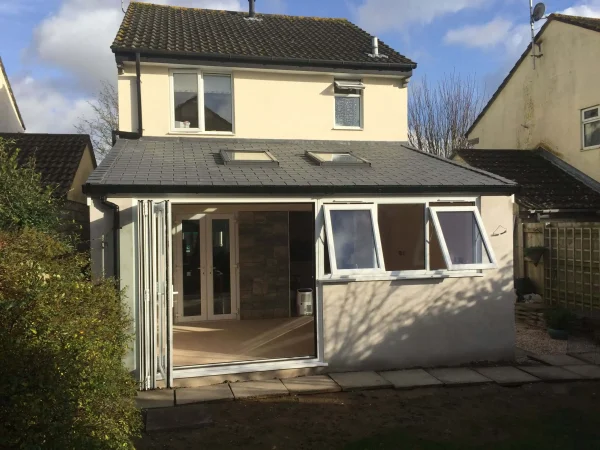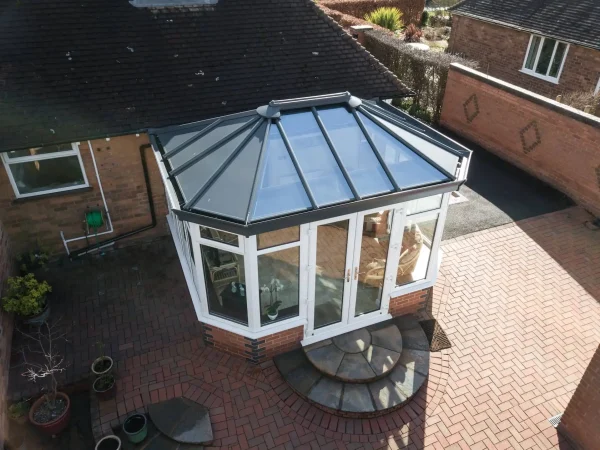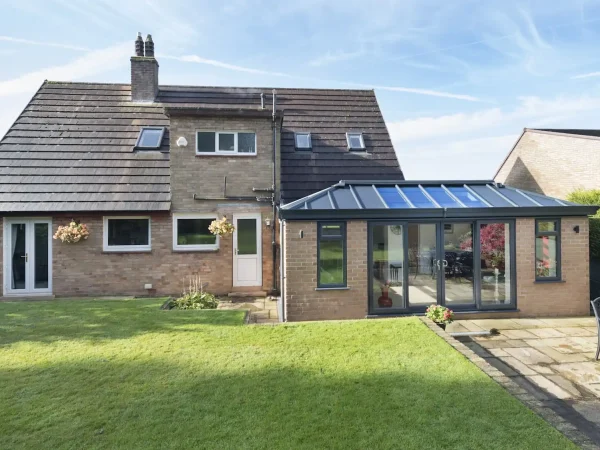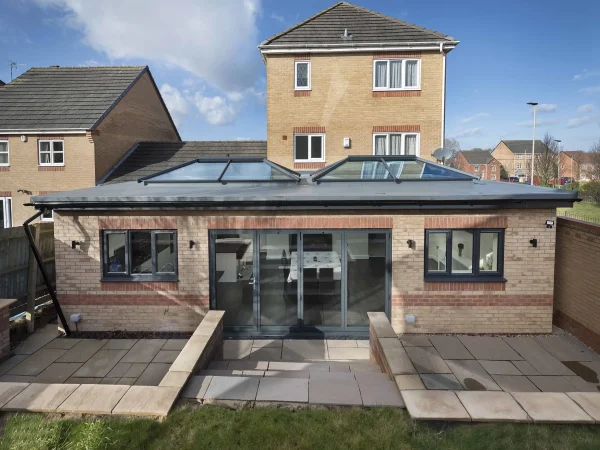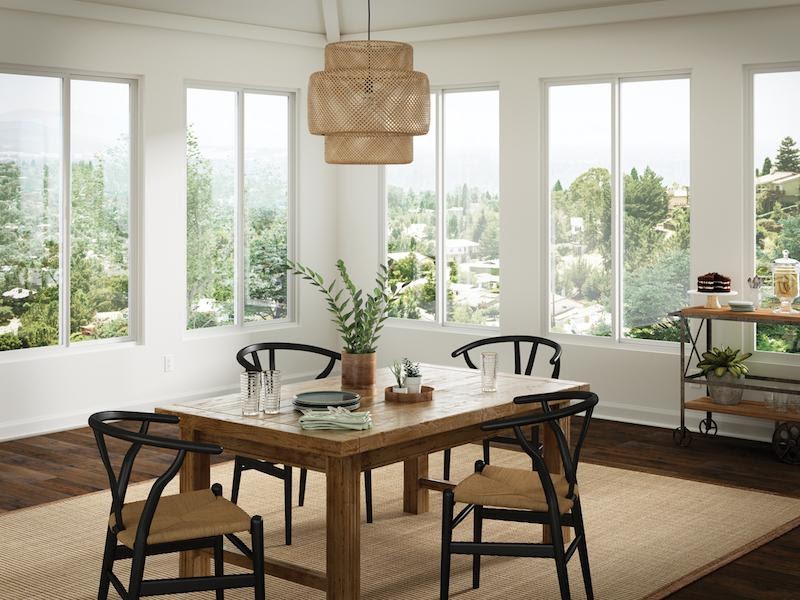How Does Double Glazing Work?
Double-glazing is made up of an inner layer of glass and an outer layer of glass, separated by a spacer bar, which creates a pocket of air in the middle. The pocket of air is made up of Argon gas, and acts as an insulating barrier that reduces heat loss.
Argon gas is a much better insulator than glass, which is why double-glazing is so much better at retaining heat than a standard single-glazed window. In fact, a single pane of glass alone is so good at conducting heat that it’ll encourage heat to travel through and be lost on the outside.
How Much Difference Does Double Glazing Make?
When it comes to saving money on your heating bill, heating your house more effectively and even reducing noise from the outside, double-glazing is one of the best investments you can make.
According to the Energy Saving Trust, installing high quality, A-rated double-glazing in a single glazed house can save between £115 and £120 per year in a typical gas-heated home. For those of us who get cold easily, it turns out that around twice as much heat is lost through single glazing as standard double-glazing.
Feeling Creative? Why not visit our state-of-the-art interactive design page to design your very own window solution.
Single Glazing vs New Double Glazing
Double-glazing has numerous benefits over single glazing. This is because single glazing has no insulating layer of air to provide a barrier between the environment inside and the weather outside, giving double-glazing more advantages:
Double glazed windows are able to retain more heat than single glazing. Single glazing is made up of a single pane of glass, which transfers more heat to the outside, leading to faster loss of heat inside the home.
- Cost-effective and energy efficient
Double-glazing is much more cost-effective than single glazing because it has an extra capacity for insulation and heat retention. With more heat retention comes less energy output, which means you’ll save more money on your heating bill.
Single-glazed windows are notoriously bad for causing a build-up of condensation. This is because a single pane of glass can’t retain the heat as well as double-glazing, which means moisture in the air will condense on the cold glass surface. As there is less heat contrast between the inner pane of glass and the ambient temperature of the room, you’ll see a drastic reduction of condensation with double glazing.
If you live in a noisy area, or if you have notoriously noisy neighbours, it might be time to think about investing in double-glazing. The extra layer of glass provides another barrier not just from the elements but from excess noise as well.
If noise is a serious problem in your area, then talk to us about our SGG Stadip Silence glass laminate, which reduces noise pollution by at least 35dB.
Double-glazing is safer than single glazing. This is because double-glazing is made up of an extra layer of glass, which is tougher and harder to break, making it more difficult for opportunists to break into your home.
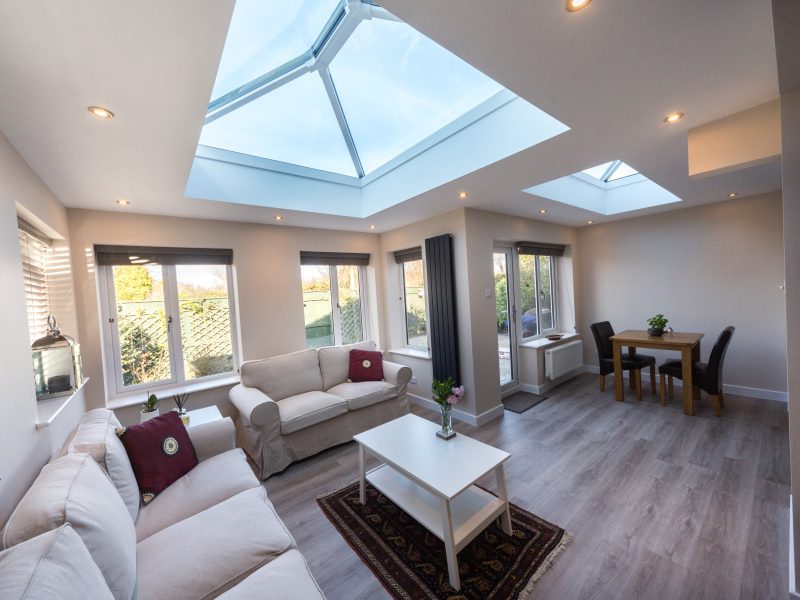 Architect Designed Living Spaces
Architect Designed Living Spaces
 Find Your Local Showroom
Find Your Local Showroom




